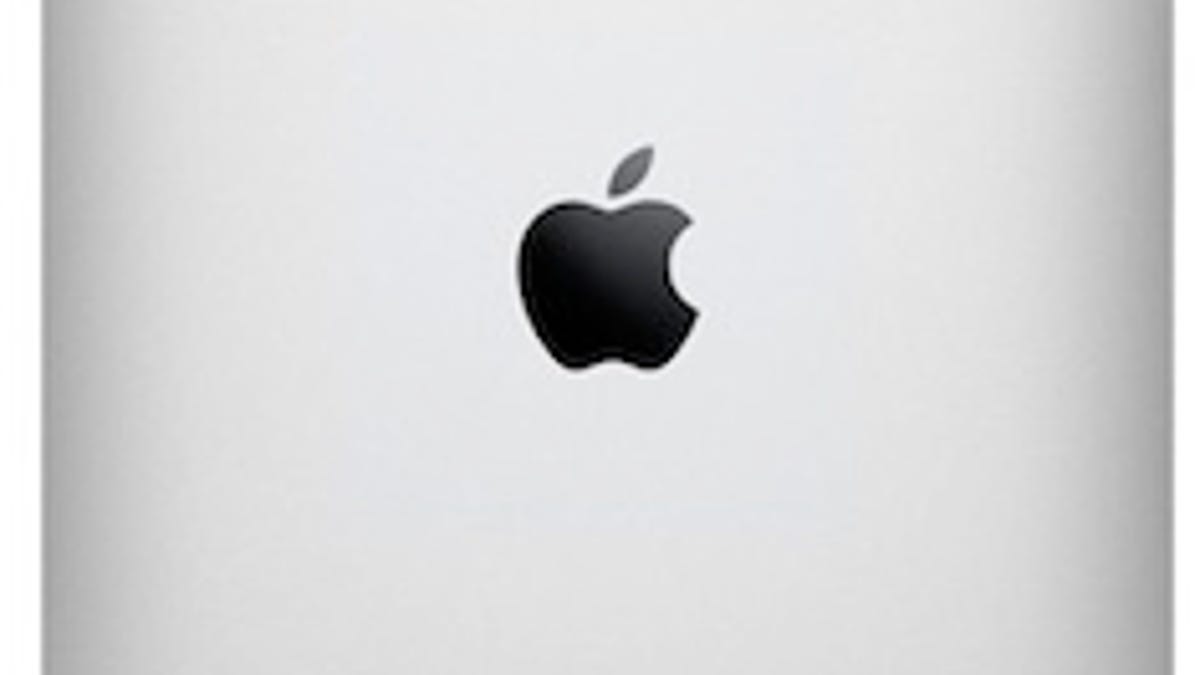iPad-like MacBook Air now unlikely?
A research note from Citigroup says Apple CEO Tim Cook is not leaning toward a future MacBook Air with iPad-like features. So, now what?

In the wake of a research note from Citigroup that seems to discount the possibility of a MacBook Air with iPad-like features, it's worth pondering what this could mean to Apple's future product lineup.
First, let's look at Friday's note from Citigroup analyst Richard Gardner, who met with CEO Tim Cook and CFO Peter Oppenheimer on Thursday. Here's an excerpt.
"Tim Cook reiterated his view that rapid innovation on the iOS platform (and mobile OS platforms in general) will significantly broaden the use case for tablets, eventually pushing annual tablet volumes above those of traditional PCs. We have wondered whether Apple might offer an ARM-based version of MacBook Air at some point; we walked away from this meeting with the impression that Apple feels iPad satisfies--or will soon satisfy--the needs of those who might have been interested in such a product."
So, based on Gardner's take, Cook seems to believe that the iPad--or future versions of the iPad--will satisfy any need that an iOS and ARM-based MacBook Air might have met. Remember, Apple's iPhone and iPad use an ARM-based, Apple-branded system-on-a-chip. Currently, that dual-core Apple chip used in the iPad 2 and iPhone 4S is called the A5.
And the MacBook Air, of course, runs OS X on Intel's most power-efficient second-generation "Sandy Bridge" Core processors.
Why are we having this discussion in the first place? The Citigroup comments counter a report back in May that said an ARM-based MacBook Air was a "done deal."
Supposedly, Apple wanted to move almost everything to its A series chips. That meant, of course, that Intel, for the most part, would be out of the picture.
But with Intel on track to bring out its first power-sipping system-on-a-chip for the mainstream laptop market in 2013, dubbed "Haswell"--just the kind of chip that would be at home in the Air--a move to ARM by Apple may be less of an imperative (again, if Gardner's take-away is accurate and my understanding of his statements is correct).
And who knows what Intel has up its sleeve for the overhaul (a complete redesign, I'm told) of the even more power-efficient Atom--also due in 2013. That could be an option too.
So, if the iPad line indeed meets this need, as Citigroup's Gardner said, what is Apple cooking up? Here are some thoughts:
- A more powerful iPad, aka iPad 3: Packing a faster A6 chip, a high-resolution 2,048-by-1,536-pixel Retina display, and LTE "4G" broadband (this falls into the "likely" rumor category, as a number of credible reports point to this kind of feature set for the next iPad).
- A more elegant physical keyboard solution for the iPad from Apple. That could mean a lot of things but something possibly akin to the Asus Transformer Prime.
- An expanded line of iPads, e.g., another model, possibly with a different screen size. That might include something smaller or even a bit larger. Samsung, for instance, is already showing off an 11.6-inch tablet with a 2,560-by-1,600-pixel display and a fast 2GHz ARM processor.

